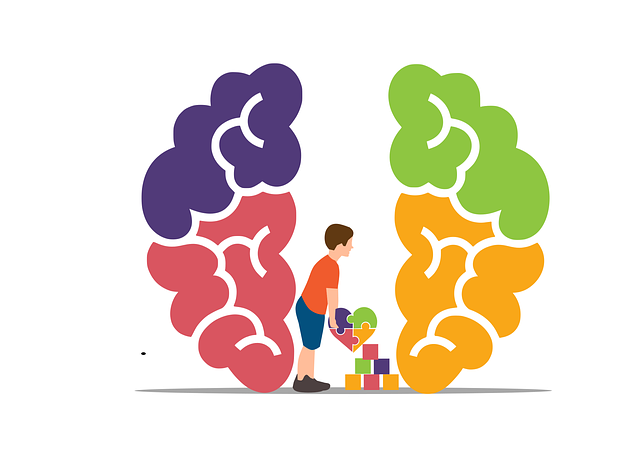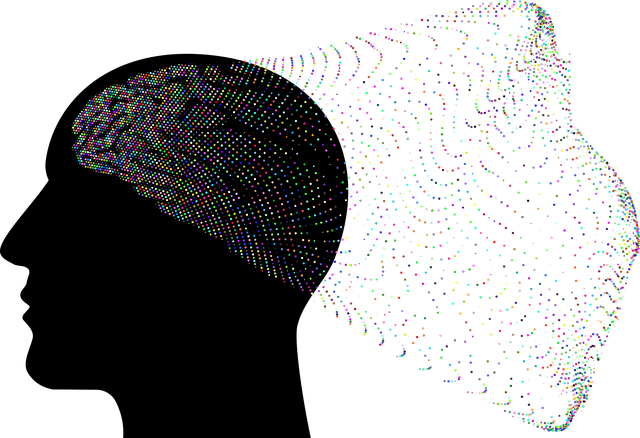In recent years, there's been a growing focus on improving mental illness diagnoses, particularly Westminster Postpartum Depression Therapy, driven by understanding that early identification of postpartum depression (PPD) significantly enhances treatment outcomes. Efforts to reduce stigma encourage help-seeking without fear, while advanced therapeutic techniques and education help recognize subtle PPD symptoms. The Westminster Postpartum Depression Therapy initiative empowers individuals to navigate their mental health journeys effectively, fostering resilience and long-term well-being. Public discourse is shaped by Mental Health Policy Analysis and Advocacy, integrating evidence-based practices into clinical settings for a more nuanced understanding of mental illness and improved care quality for PPD sufferers. Innovations like AI-driven assessment tools further enhance diagnostic accuracy.
Mental illness diagnosis accuracy is a critical aspect of patient care, especially in cases like Westminster postpartum depression therapy. This article explores current challenges and innovative approaches aimed at enhancing diagnosis accuracy. We delve into the importance of training and support for healthcare professionals as the cornerstone of these efforts. By understanding the complexities of mental health conditions, we can improve outcomes and ensure effective treatment plans.
- Understanding Westminster Postpartum Depression Therapy: A Focus on Accuracy
- Current Challenges in Mental Illness Diagnosis: Why Improvement is Crucial
- Innovative Approaches to Enhance Diagnosis Accuracy
- Training and Support for Healthcare Professionals: The Cornerstone of Change
Understanding Westminster Postpartum Depression Therapy: A Focus on Accuracy

In recent years, there has been a growing focus on improving the accuracy of mental illness diagnoses, particularly in the realm of Westminster Postpartum Depression Therapy. This shift is driven by an understanding that early and precise identification of postpartum depression (PPD) can significantly enhance treatment outcomes for affected individuals. Efforts to reduce the mental illness stigma associated with PPD play a crucial role in encouraging women to seek help without fear of judgment or discrimination. By combining advanced therapeutic techniques with comprehensive education, healthcare professionals are better equipped to recognize subtle symptoms that may otherwise be overlooked.
The Inner Strength Development initiative emphasizes the importance of empowering individuals to navigate their mental health journeys effectively. Through tailored interventions and supportive environments, Westminster Postpartum Depression Therapy aims to not only alleviate symptoms but also foster resilience and coping strategies that promote long-term well-being. Additionally, Mental Health Policy Analysis and Advocacy has been instrumental in shaping public discourse around PPD, ensuring that evidence-based practices are integrated into clinical settings. These collective efforts contribute to a more nuanced understanding of mental illness, ultimately improving diagnosis accuracy and the overall quality of care provided to those suffering from postpartum depression.
Current Challenges in Mental Illness Diagnosis: Why Improvement is Crucial

Mental illness diagnosis remains a complex field, fraught with challenges that impact both accuracy and accessibility to care. One significant hurdle is the diverse presentation of symptoms, which can vary widely among individuals and even within the same condition. This complexity is particularly evident in cases like postpartum depression (PPD), where subtle changes in mood and behavior may not immediately suggest a serious mental health issue. As a result, misdiagnosis or delayed diagnosis are not uncommon, leading to unnecessary suffering and potential worsening of symptoms.
Improving diagnosis accuracy is crucial for several reasons. Firstly, it ensures that individuals receive the appropriate treatment tailored to their specific needs. Secondly, accurate diagnosis helps in managing expectations and providing realistic prognoses, fostering better adherence to treatment plans. Moreover, addressing current challenges through enhanced training for healthcare professionals, integrating innovative assessment tools, and promoting public awareness campaigns can significantly reduce the stigma associated with mental illness. This is particularly important in encouraging those experiencing symptoms to seek help early on, ultimately leading to better outcomes and improved quality of life.
Innovative Approaches to Enhance Diagnosis Accuracy

In recent years, efforts to improve mental illness diagnosis accuracy have been revolutionized by innovative approaches that go beyond traditional methods. One notable development is the integration of advanced technologies like artificial intelligence (AI) and machine learning algorithms. These tools are trained on vast datasets to identify subtle patterns and symptoms, enabling more precise and timely diagnoses. For instance, AI-driven assessment tools can analyze patient interactions during therapy sessions, providing real-time feedback to therapists and enhancing their ability to detect nuances indicative of specific mental health conditions, such as Westminster postpartum depression therapy.
Additionally, Mental Illness Stigma Reduction Efforts play a pivotal role in fostering an environment conducive to accurate diagnosis. By promoting understanding and empathy, these initiatives help individuals feel more comfortable seeking help without fear of judgment. Confidence Boosting interventions, often integrated into therapeutic practices, empower patients to articulate their experiences more effectively. Similarly, Stress Management techniques, when incorporated into treatment plans, not only alleviate symptoms but also provide valuable insights into an individual’s emotional well-being, further refining diagnostic accuracy.
Training and Support for Healthcare Professionals: The Cornerstone of Change

Mental illness diagnosis accuracy has long been a topic of concern, and healthcare professionals are at the forefront of addressing this challenge. Training and support initiatives are the cornerstone of this change, aiming to equip medical personnel with the latest research and techniques for improved diagnosis. By investing in their education, healthcare providers can gain a deeper understanding of various mental health conditions, including postpartum depression, which is often overlooked yet prevalent among new mothers.
The Westminster Postpartum Depression Therapy program, for instance, emphasizes comprehensive training alongside burn-out prevention strategies for healthcare providers. Encouraging professionals to prioritize self-care routine development for better mental health can significantly enhance their ability to support patients effectively. Additionally, community outreach program implementation plays a vital role in raising awareness and fostering early intervention, ensuring that individuals struggling with mental illness receive the necessary care without delay.
The quest for improved mental illness diagnosis accuracy, particularly focusing on Westminster postpartum depression therapy, is a vital step towards ensuring effective treatment and support for affected individuals. By addressing current challenges through innovative approaches, such as enhanced training programs, we can significantly advance our understanding and diagnosis of mental health conditions. Investing in healthcare professional development is the cornerstone of this transformation, ultimately leading to better patient outcomes and a more compassionate approach to mental wellness.














